Wilderness, His Word and my Soul
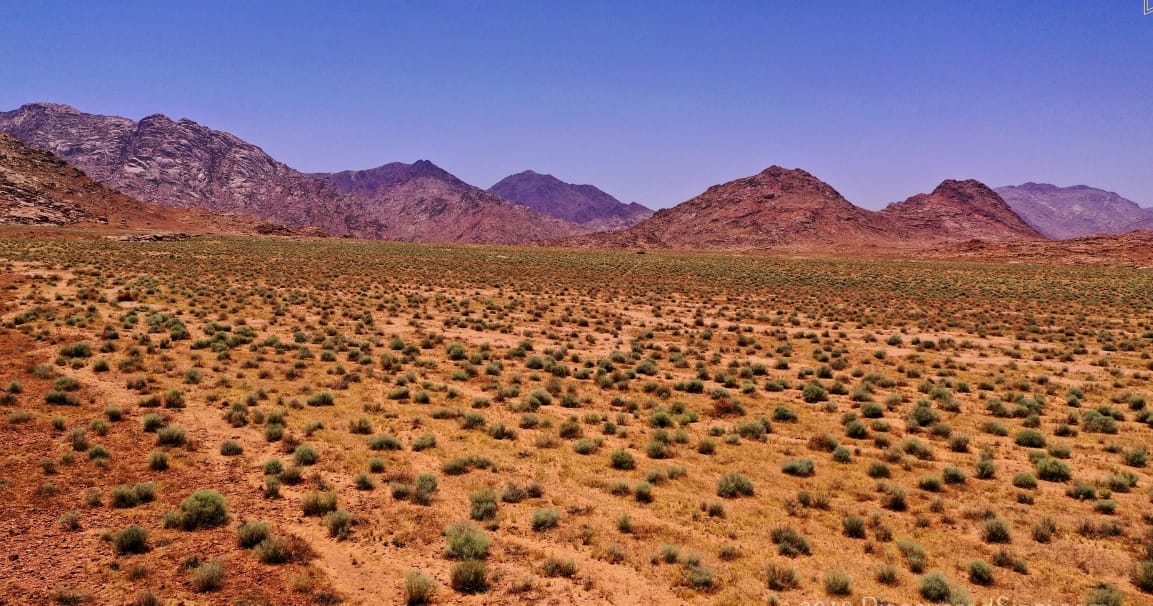
Stretching from the rugged ranges of Sinai to the windswept plateaus of Judea, the biblical wilderness — midbar in Hebrew — is no ordinary desert. It is not simply a place of sand and silence. In Scripture, it is where God speaks, where identity is forged, and where faith is refined.
The Hebrew word midbar (מִדְבָּר) shares its root with davar (דָּבָר) — "word" or "speech." While linguists may point out that these roots diverge etymologically, Jewish tradition sees profound meaning here: the midbar is precisely where the Word (דָּבָר) of God is heard most clearly. In a world full of noise, the wilderness is where everything else is stripped away — and what remains is the still, holy voice that speaks not just to ears, but to hearts.
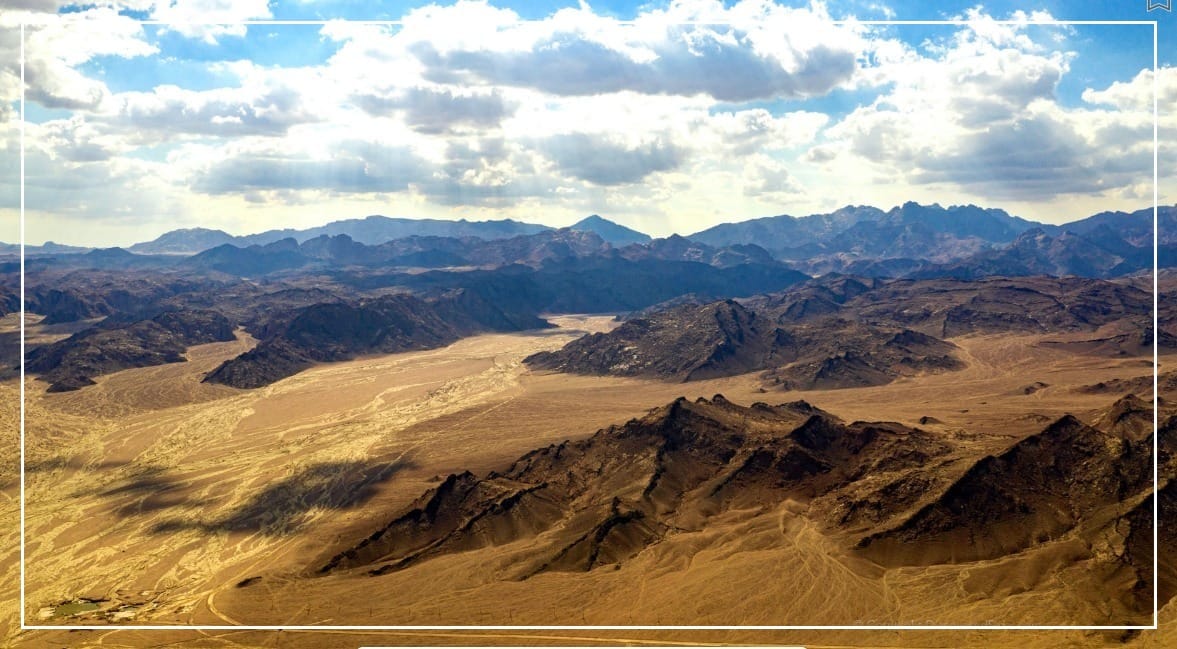
At Sinai, in the desolate wilds of Horeb, God gave His Torah — not in a palace or temple, but in the empty vastness where no kingdom could lay claim. The Torah was given in the wilderness to Israelites, that no one could say, ‘It is mine alone.’" It was a gift to all, received in a place that belongs to no one — and therefore, to everyone.
For forty years, Israel wandered through this wilderness — not because they were lost, but because they were being formed. Here they learned trust through daily manna. They were guided by cloud by day and fire by night. They wrestled with doubt, grumbled in fear, but slowly discovered what it meant to walk with the Holy One. "I led you forty years in the wilderness, to humble and test you…" (Deut. 8:2)
Moses encountered God at the burning bush on the slopes of Sinai — while tending sheep in the wilderness of Midian. Alone, exiled, emptied of his princely title, he heard his name called and was forever changed.
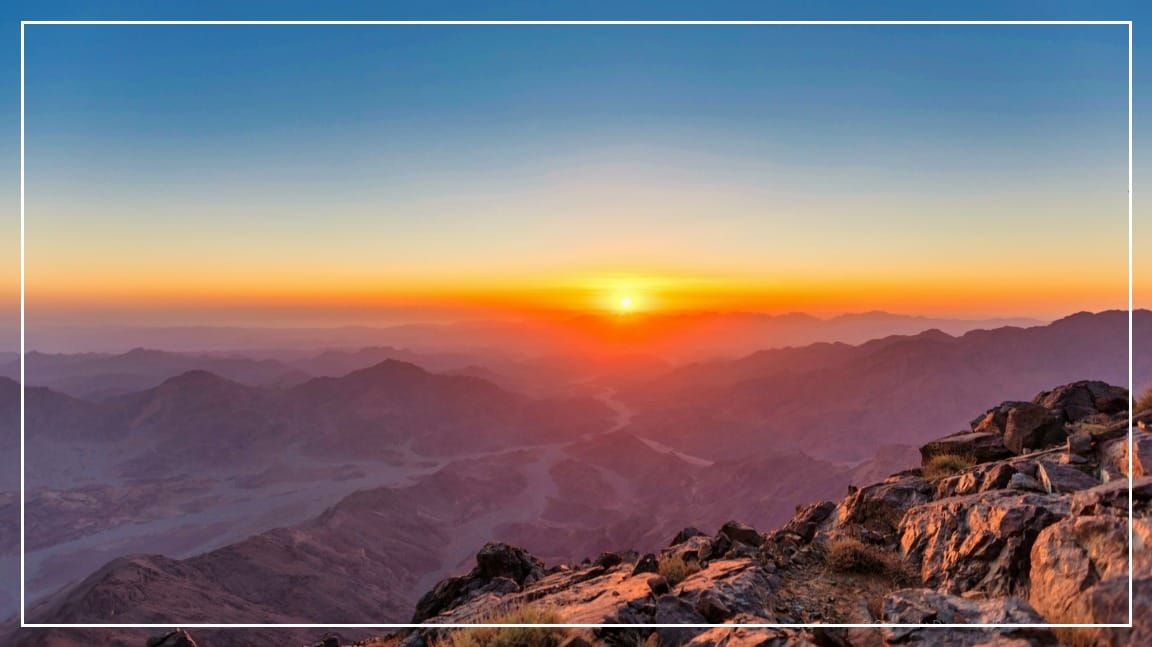
Elijah, too, fled to the wilderness. There, under a solitary broom tree, he was fed by angels and journeyed forty days to Horeb. On that same sacred mountain, in a cave overlooking desolation, he heard not wind, fire, or earthquake — but a still, small voice (קול דממה דקה).
John the Baptist lived and preached in the Judean wilderness. He ate honey and locusts, echoing Elijah, calling the people to repentance beside the Jordan. "A voice cries in the wilderness: Prepare the way of the Lord…" (Isaiah 40:3) Even Jesus began His ministry in the wilderness — fasting forty days in the Judean desert, resisting temptation, and declaring that "Man does not live by bread alone, but by every word from the mouth of God." (Matt. 4:4 / Deut. 8:3)
In Hebrew culture, the wilderness is not merely background. It is a character in the narrative. It demands everything and offers nothing — except God.
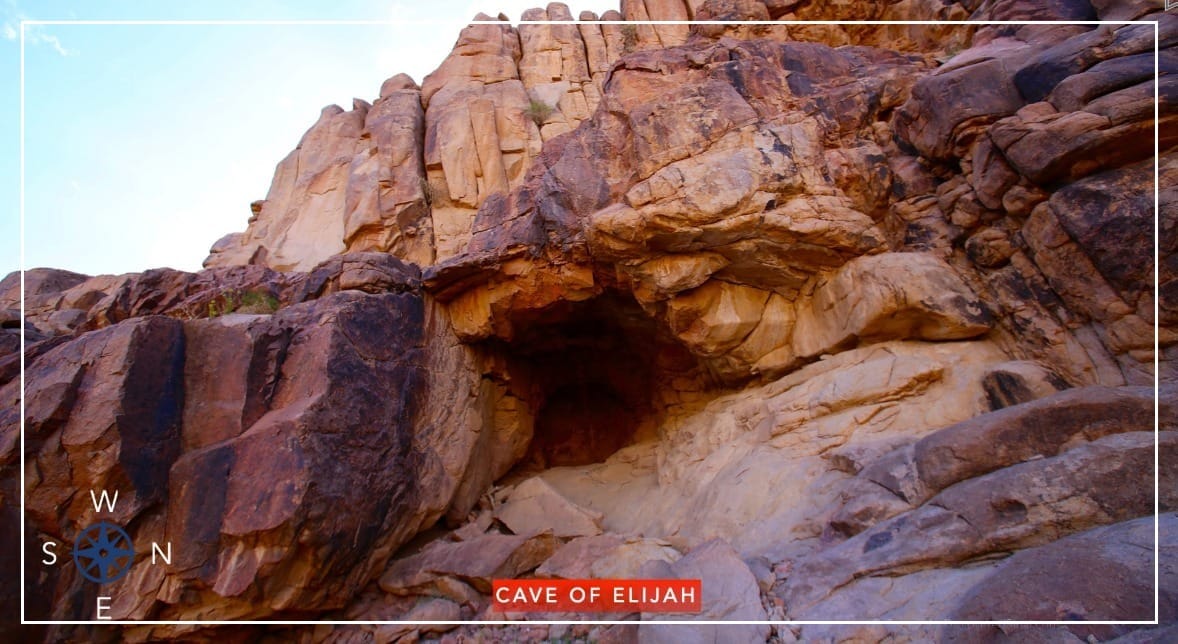
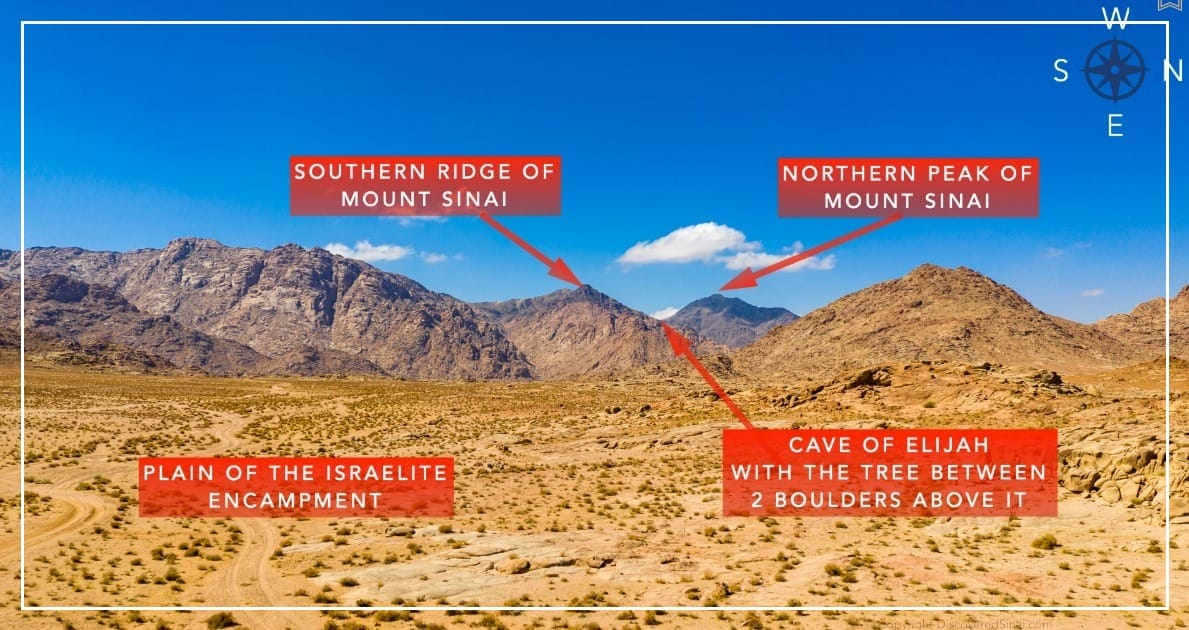
Here, the soul cannot hide. The distractions of cities fall away. You see your hunger. You confront your fear. You face your giants — not with sword and shield, but with faith, with prayer, with silence.
Here, the Israelites learned dependence.
Here, prophets were refined.
Here, leaders were born.
Even today, the midbar — whether the wilderness of Zin, the cliffs near Qumran, or the Negev's red dust — holds this echo of the divine. Many who walk its trails say it still speaks.
If you ever visit Israel, you can still hike the Wilderness of Judea, gaze toward Mount Sinai, or trace Elijah’s route through the Negev. You can see sheep trails, dry riverbeds, and caves like the one where David hid near En Gedi.
But even if you never set foot there, the wilderness can still visit you. Because in Hebrew thought, spiritual geography is internal as well as external.
The midbar is not just out there. It’s a season of your soul. A time of silence. A space of waiting.
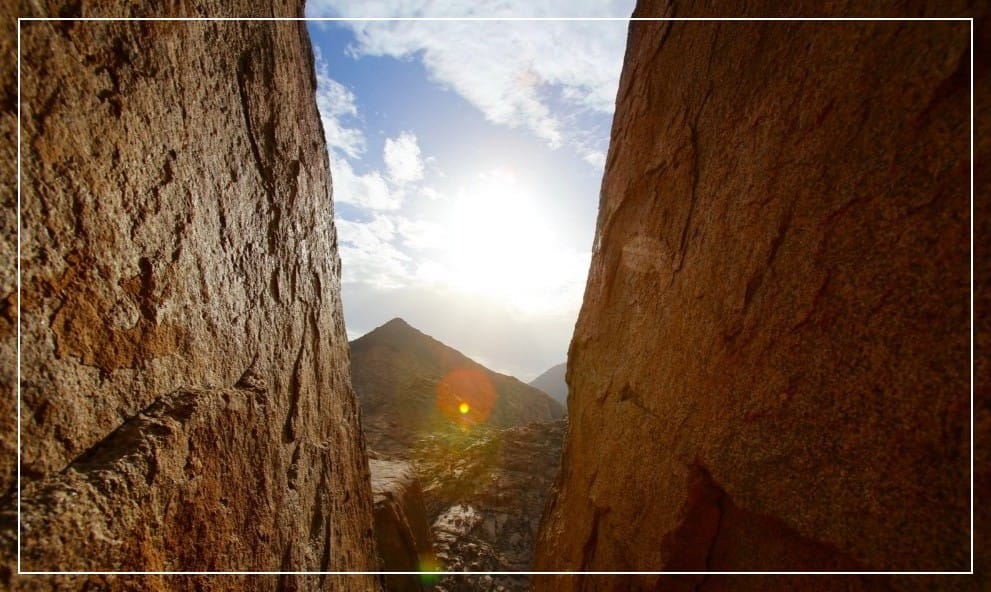
All the photographs are kindly provided by Andrew Jones from Discovered Media.